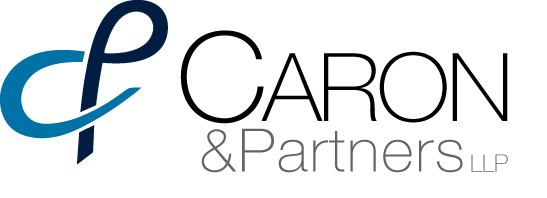Prepared By Joshua N. Switzer
The content of this article is intended to be informational only. We caution you against using or relying upon any information contained in this article without first seeking legal advice regarding your particular matter. All matters arising from the use of our website, including this article, shall be governed by Alberta law and shall be within the exclusive jurisdiction of the courts of Alberta.
When buying a business from a corporation, the purchase may take the form of either an asset purchase or a share purchase. That is, the buyer may purchase all of the assets of the corporation relating to the business being purchased or the buyer may purchase all of the shares of the corporation which owns the business.
There are a number of considerations bearing on whether the purchase should be by way of an asset purchase or a share purchase. These considerations are primarily tax and liability related.
When you purchase the shares of a corporation you acquire both the assets and the liabilities of the corporation. Acquiring liabilities is generally a concern for a purchaser. Although efforts can be made in the contractual documentation and as part of "due diligence" to ascertain and deal with the liabilities of the vendor corporation, a risk remains that the purchaser will acquire and be responsible for liabilities not bargained for.
It is the concern about liabilities that largely causes purchasers to prefer asset purchases.
Vendors generally prefer selling corporate businesses by selling their shares in the corporate owner of the business. This is primarily for tax reasons. Often two tax considerations are relevant to a vendor: 1) capital gain exemptions which may reduce the vendor's tax liability; 2) recapture tax liability that may result from a sale of assets.
Sometimes by purchasing shares, a purchaser can assume various leases and licenses held by the corporation being purchased. However, often leases and licenses contain provisions that govern in the case of a "change of control". These provisions may negate any advantage of buying shares over assets.
Whether proceeding by way of a purchase and sale of assets or shares, it is imperative that a proper agreement be negotiated and executed. Further, "due diligence" must be undertaken to ensure that the buyer gets what he or she is bargaining for. Obtaining sound tax advice is also advisable.
If you have need of representation in the purchase or sale of a business, please do not hesitate to contact us.

